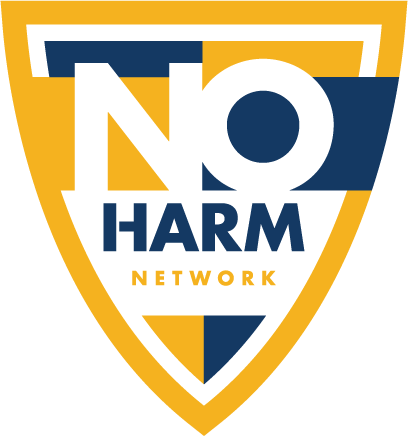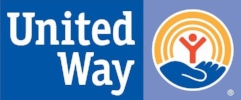The Toppling Tower: Black Women’s Vulnerabilities to Becoming Trafficking Victims
/Written By: Bianca Davis, NFNL CEO.
If you’ve ever played Jenga®, you’ve likely had a moment where you’ve leant in and closed one eye to focus on your next move or held your breath as you’ve steadied your fingers. Though the rules are simple, the game is not easy to win. It can be downright nerve-wracking trying to move a single block from beneath the weight and support of all the others to place it atop the shaky, swaying tower. Inevitably, without being able to touch the other blocks, the tower collapses. Game over. You’ve lost.
The tower topples because it becomes impossible to move one block without affecting all the others.
The Weight of Intersecting Points
Researchers are brilliant at identifying points of intersection to help explain why certain populations are more vulnerable than others to becoming victims of various social ills. When it comes to the issue of sex trafficking, Black women and girls are disproportionally affected, making up 40% of all trafficking victims in the U.S. Some of these points of intersection include living in poverty, having a history of childhood sexual abuse, experiencing domestic violence, and spending time in foster care, all of which Black women and girls experience at alarmingly high rates:
Black women represent 22.3 percent of women in poverty in the U.S., while only making up 12.8 percent of the population
Black women are three times more likely to be killed by an intimate partner than White women
Black children are overrepresented in the foster care system
This national data mirrors what we see at New Friends New Life where 53 percent of our women and 38 percent of our teen girls are Black. In addition:
85 percent of our members live below the poverty line,
81 percent have experienced non-fatal strangulation by a pimp or john, and
47 percent of our teen girls have a history of interaction with CPS or the foster care system.
I once heard someone say that by the time a girl or woman is actually sold for sex, being trafficked isn’t the first bad thing that has happened to her.
What these numbers prove is that each intersecting point represents a block that sits atop another, creating a shaky, swaying tower that increases Black women and girls’ vulnerability to being victimized. Traffickers will often show up as a solution to a problem, posing as someone who can prevent the toppling, while actually being the cause of the inevitable collapse.
Building Stable Towers
The theme for Black History Month February 2022 is Black Health & Wellness. Sometimes, when we think of health and wellness, we focus on ways to improve our physical health like through exercise and diet, or maybe emotional wellness activities like therapy and self-expression to address our mental health. Sex trafficking is a looming health crisis of a different kind that is also particularly devastating and threatening to the Black community, and it sits at the intersection of other societal ills like poverty, domestic violence and childhood sexual abuse – issues that we must also address if we are going to make a move against sex trafficking.
The word Jenga is derived from the Swahili term meaning “to build.” The person who loses the game is the one who moves a block without successfully understanding the interconnectedness and impact of the surrounding blocks. Focusing on one block without taking into consideration all the neighboring factors topples the tower.
The tower topples because it becomes impossible to move one block without affecting the others.
When a group is overrepresented in ways that harm and destroy their ability to thrive, when we see this group standing beneath a shaky, swaying tower of intersecting points, or worse yet - crouching beneath the rubble of an already toppled tower, we must examine all the blocks that contribute to the collapse. Then collectively, collaboratively, and in concert, we can build new towers – sectors, agencies, and societies - that are stable, safe, and strong.










